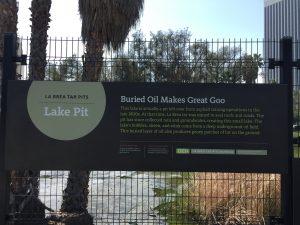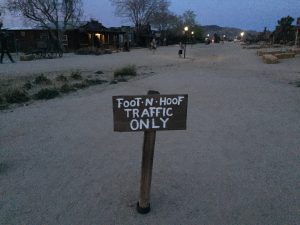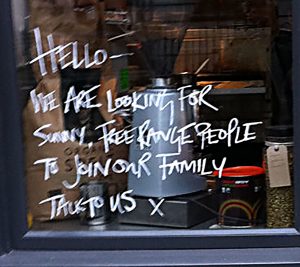Wild for weeds…
Rough hawkbit, cat’s ear, sow thistles, tagwort, viper’s bugloss, mallows, self-heal, love-in-a-mist, wild mignonette, rosebay willowherb, creeping buttercup – AKA ‘weeds’. According to Alex Morss, research shows that these colourfully named but often overlooked plants are heavy hitters when it comes to nectar and pollen. In other words, they’re bees’ best mates, and a growing number of street botanists are bringing them to our attention through the simple act of chalking the names of our autotrophic friends wherever they find them.
As one London chalker says, “I’ll keep labelling as I go on my daily walks. I think it’s really tapped into where people are right now. Botanical chalking gives a quick blast of nature connection, as the words encourage you to look up and notice the tree above you, the leaves, the bark, the insects, the sky. And that’s all good for mental health. None of us can manage that much – living through a global pandemic is quite enough to be getting on with. But it’s brought me a great amount of joy.”
An instantly lovable offshoot of the wider growth in plant awareness and advocacy, this green-fingered graffiti is a great example of using the right words in the right way to make a difference. So long live weeds, and long live words. And a big thank you to everyone who brings the two together for our understanding and enjoyment.




